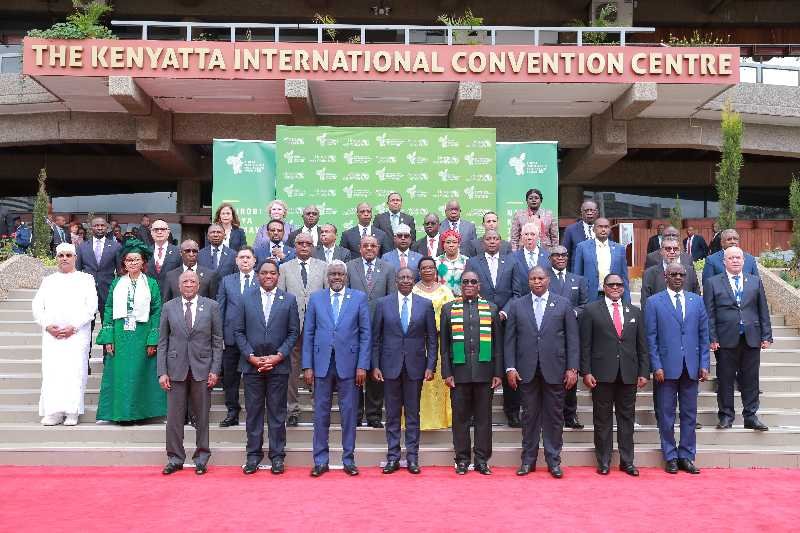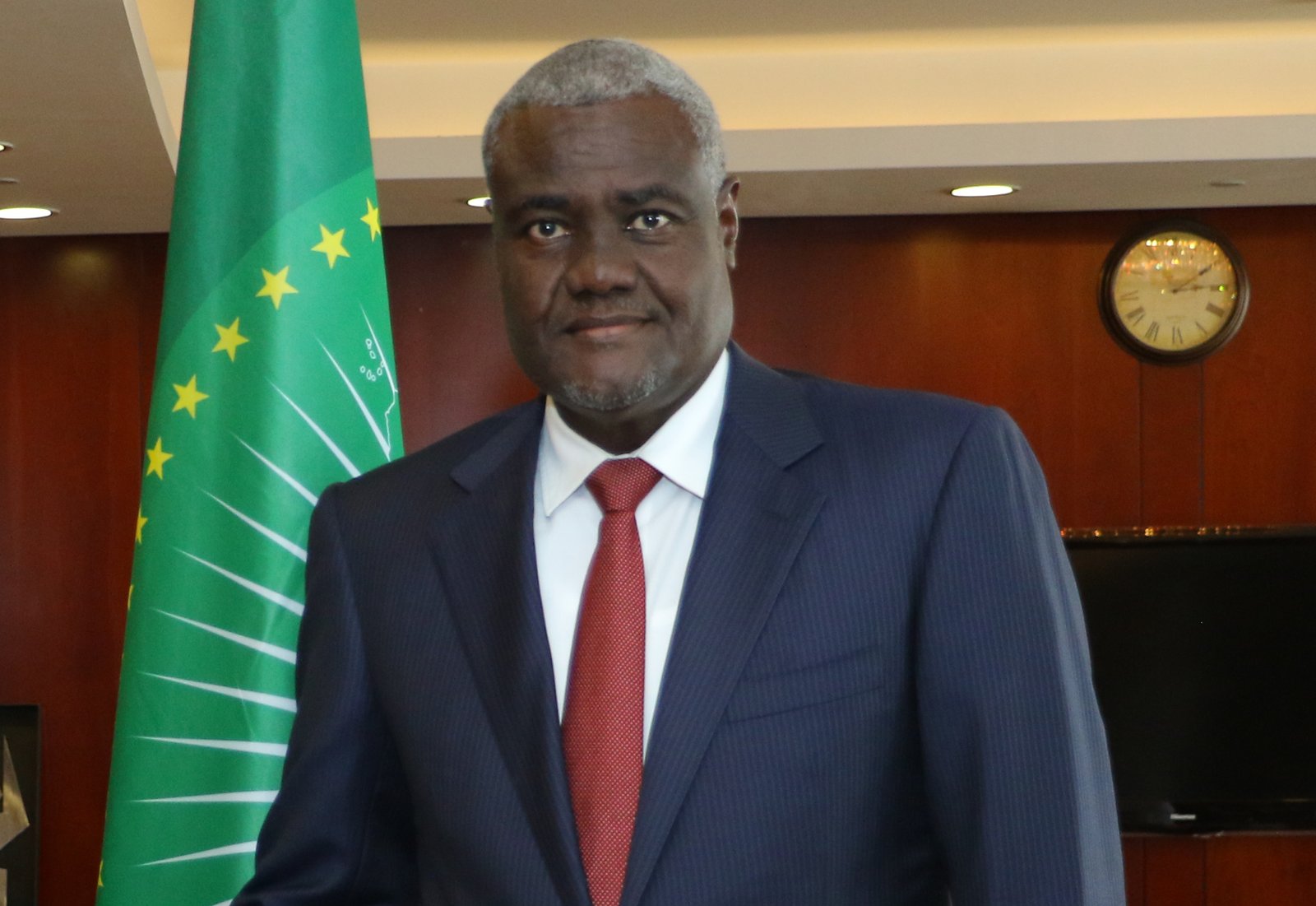African Heads of State and Government unanimously backed the Nairobi Declaration, affirming the outcomes of the Africa Fertilizer and Soil Health Summit held in Nairobi, Kenya from May 7th to 9th, 2024.
This signifies a monumental stride towards enhancing agricultural sustainability and the livelihoods of smallholder farmers.
Recent years have witnessed a significant surge in local manufacturing of mineral fertilizers, with private sector investments exceeding $15 billion.
However, despite Africa’s annual mineral fertilizer production reaching 30 million metric tons, a majority of it is exported outside the continent, leaving Member States excessively reliant on imported fertilizers, particularly non-phosphate-based ones.
To counter this, Africa is committed to boosting investments in local fertilizer manufacturing and blending, leveraging the continent’s resources.
Increasing fertilizer usage, encompassing both mineral and organic resources, is crucial for enhancing productivity and soil health restoration.
To this end, Africa aims to enhance the efficiency and effectiveness of mineral and organic fertilizers and other complementary inputs to boost productivity, profitability, soil health, and climate change resilience.
The Nairobi Declaration outlines thirteen pivotal points detailing commitments, including the tripling of domestic fertilizer production and distribution by 2034 to uplift smallholder farmers.
Governments pledge to prioritize local fertilizer production, strengthen research on fertilizers, offer incentives, promote low-carbon fertilizer production, and double intra-Africa fertilizer trade by 2034.
Moreover, African leaders commit to ensuring that by 2034, at least 70% of smallholder farmers receive tailored agronomic recommendations to optimize fertilizer usage.
Financing commitments include operationalizing the Africa Fertilizer Financing Mechanism (AFFM) and widening its scope to support farmer investments, infrastructure, and logistics.

To create an enabling environment, recommendations include developing continental guidelines, policy harmonization, private sector engagement, and capacity enhancement.
Additionally, there is a commitment to strengthening extension services, reviewing education programs, and incorporating the Nairobi Declaration into National Agricultural Investment Plans.
The African Union Commission and AUDA-NEPAD will support Member States in implementing mechanisms to reward smallholder farmers, develop a soil health monitoring system, and align soil health metrics with existing monitoring and evaluation systems.

